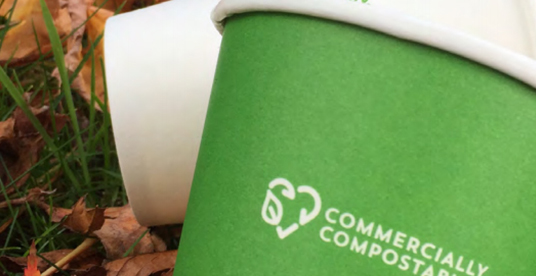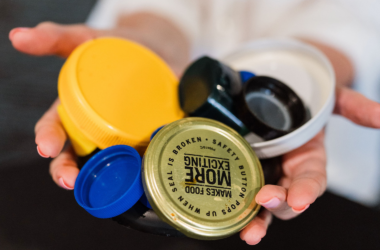Industry welcomes Environment Commissioner’s statement about compostable packaging
The Environment Commissioner’s has released an online resource to help consumers better understand how to dispose of biodegradable and compostable plastics.
14 July 2019
Lyn Mayes, Manager of The Public Place Recycling Scheme, welcomes the Environment Commissioner’s release of an online resource to help consumers better understand how to dispose of biodegradable and compostable plastics.
“We’re pleased that the Environment Commissioner recognises the confusion surrounding compostable bags and packaging and has investigated the situation and what needs to happen. Mr Upton is correct in saying that people can’t just put most products onto their home compost heaps or into their recycling bins. We need to have a NZ standard which identifies where and how they can be composted as well as develop the infrastructure to process them,” says Mayes.
The Packaging Forum has established an independent technical working group (Compostable Packaging Standard Adoption Working Group (CPSA-WG)) comprising composters, manufacturers, waste industry, central and local government and research institutions to assess existing international standards and to recommend a NZ standard.
The CPSA-WG will identify whether the NZ composting industry and other stakeholder requirements can be met by one of the existing international standards such as the well-known European EN13432 standard or the Australian AS4736 standard.
It has agreed the scope for this work is:
“Any compostable packaging item which is likely to contain food (including dry goods packaging) or other nutrients beneficial to compost (e.g. horticultural items). This includes film carrier bags on the understanding they should have a second life as containers for organic waste (e.g. in kerbside collection). Other in-scope examples could be compostable food insulation, expanded PLA where it contained food or other nutrients.”
Lyn Mayes says, “We are talking to Standards New Zealand so that they are kept informed about our industry led work. The next phase will be to conduct product testing at compost facilities in New Zealand.”
“We are primarily looking at commercial composting solutions however, home composting is another challenge entirely with the diversity of home composting systems already available in some places.”
If a standard is to be adopted, it would enable identification of compostable packaging that meets clear guidelines agreed with by the NZ composting industry. Industry and government would then be able to assess development of collection systems and investment into comprehensive infrastructure to process compostable packaging.



